The nearest thing to a unified field theory of history we are ever likely to get. With wit and wisdom, Ian Morris deploys the techniques and insights of the new ancient history to address the biggest of all historical questions: Why on earth did the West beat the Rest? I loved it. Niall Ferguson
This is a great work of synthesis and argument, drawing together an awesome range of materials and authorities to bring us a fresh, sharp reading of EastWest relationships. As China rises and the worlds population spikes, Morris weaves lessons from thousands of years of world history towards a startling and scary conclusion. Andrew Marr
Ian Morris has returned history to the position it once held. No longer a series of dusty debates, nor simple stories although he has many stories to tell and tells them brilliantly but the true magister vitae the teacher of life. He explains how the shadowy EastWest divide came about, why it really does matter, and how one day it might end up. His vision is dazzling, and his prose irresistible. Everyone from Sheffield to Shanghai who wants to know, not only how they came to be who and where they are, but where their children and their childrens children might one day end up, must read this book. Anthony Pagden, distinguished professor of political science and history at the University of California, Los Angeles, author of Worlds and War: The 2,500 Year Struggle Between East and West
Morriss history of world dominance sparkles as much with exotic ideas as with extraordinary tales. Why The West Rules For Now is both a riveting drama and a major step towards an integrated theory of history. Richard Wrangham, Ruth Moore Professor of Biological Anthropology, Harvard University and author of Catching Fire
Ian Morris is a classical archaeologist, an ancient historian and a writer of such breathtaking vision and scope as to make him fit to be ranked alongside the likes of Jared Diamond and David Landes. His magnum opus is a tour not just dhorizon but de force, taking us as it does on a spectacular journey to and from the two nodal cores of a euramerican West and Asian East, alighting and reflecting as suggestively upon 10,800 BC as upon AD 2010. The shape of globalising history may well never be quite the same again. Paul Cartledge, A. G. Leventis Professor of Greek Culture, University of Cambridge
This is an astonishing work: hundreds of pages of the latest information dealing with every aspect of change. Then, the questions of the future: What will a new distribution bring about? Will Europe undergo a major change? Will the millions of immigrants impose a new set of rules on the rest? There was a time when Europe could absorb any and all newcomers. Now the newcomers may dictate the terms. The West may continue to rule, but the rule may be very different. David S. Landes, author of The Wealth and Poverty of Nations
Deeply thought-provoking and engagingly lively, broad in sweep and precise in detail. Jonathan Fenby, author of The Penguin History of Modern China, former editor of the Observer and South China Morning Post
A formidable, richly engrossing effort to determine why Western institutions dominate the world Readers will enjoy [Morriss] lively prose and impressive combination of scholarship with economics and science. A superior contribution to the grand-theory-of-human-history genre. Kirkus Reviews (starred review)
WHY THE WEST RULESFOR NOW
WHY

WEST
________________________________
The Patterns of History,
and What
They Reveal About
the Future
________________________________
IAN MORRIS

First published in Great Britain in 2010 by
PROFILE BOOKS LTD
3A Exmouth House
Pine Street
London EC1R 0JH
www.profilebooks.com
First published in the United States of America in 2010 by Farrar, Straus and Giroux
Copyright Ian Morris, 2010
Maps and graphs copyright Michele Angel, 2010
Designed by Abby Kagan
The moral right of the author has been asserted.
This eBook edition published in 2010
A portion of (Why the West Rules ) originally appeared, in slightly different form, in the Wall Street Journal.
Grateful acknowledgement is made for permission to reprint the following material: Excerpt from Mark Edward Lewiss partial translation of a poem by Cao Cao, reprinted by permission of the publisher from The Early Chinese Empire: Qin and Han by Mark Edward Lewis; Timothy Brook, General Editor (Cambridge, Mass.: The Belknap Press of Harvard University Press), copyright 2007 by the President and Fellows of Harvard College. Excerpt from The Family Instructions of the Grandfather from the Cambridge Illustrated History of China by Patricia Ebrey (New York: Cambridge University Press, 1996). Reprinted by permission of Cambridge University Press.
Translation of Daoqians (Tao Chiens) poem On the Way to Guizong Monastery, reprinted with permission from Commerce and Society in Sung China by Shiba Yoshinobu (Ann Arbor: Center for Chinese Studies, University of Michigan, 1970).
Donald B. Wagners translation of excerpts from Stone Coal by Su Shi, from his article titled Blast Furnaces in Song-Yuan China in East Asian Science, Technology, and Medicine, no. 18 (2001), pp. 4174. Reprinted by permission of Donald B. Wagner. Richard Strassbergs translation of Kong Shangrens poem Trying on Glasses, from Macao: Mysterious Decay and Romance by Ronald Pittis and Susan Henders (eds.), reprinted by permission of Oxford University press (China) Ltd.
Excerpt from Here from Collected Poems by Philip Larkin, copyright 1988, 2003 by the estate of Philip Larkin, reprinted by permission of Farrar, Straus and Giroux, LLC, and Faber and Faber Ltd.
This eBook is copyright material and must not be copied, reproduced, transferred, distributed, leased, licensed or publicly performed or used in any way except as specifically permitted in writing by the publishers, as allowed under the terms and conditions under which it was purchased or as strictly permitted by applicable copyright law. Any unauthorised distribution or use of this text may be a direct infringement of the authors and publishers rights and those responsible may be liable in law accordingly.
A CIP catalogue record for this book is available from the British Library.
eISBN 978 1 84765 294 2
For Kathy
Contents
Illustrations
WHY THE WEST RULESFOR NOW
INTRODUCTION
ALBERT IN BEIJING
London, April 3, 1848. Queen Victorias head hurt. She had been kneeling with her face pressed to the wooden pier for twenty minutes. She was angry, frightened, and tired from fighting back tears; and now it had started raining. The drizzle was soaking her dress, and she only hoped that no one would mistake her shivers for fear.
Her husband was right next to her. If she just stretched out her arm, she could rest a hand on his shoulder, or smooth his wet hairanything to give him strength for what was coming. If only time would stand stillor speed up. If only she and Prince Albert were anywhere but here.
And so they waitedVictoria, Albert, the Duke of Wellington, and half the courton their knees in the rain. Clearly there was a problem on the river. The Chinese armadas flagship was too big to put in at the East India Docks, so Governor Qiying was making his grand entry to London from a smaller armored steamer named after himself, but even the
Next page
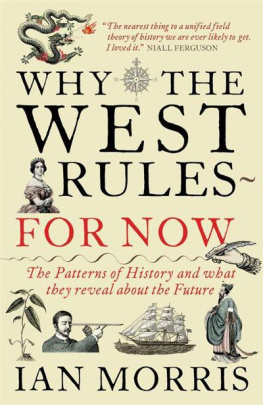
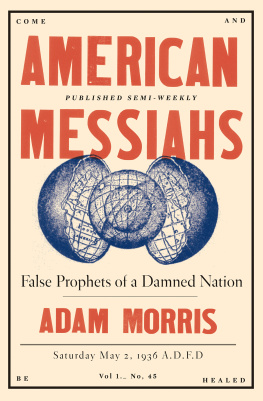

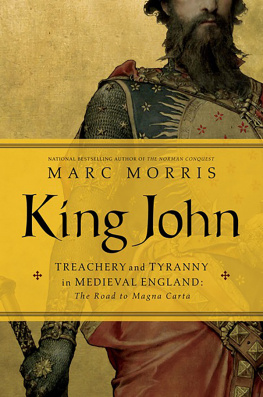
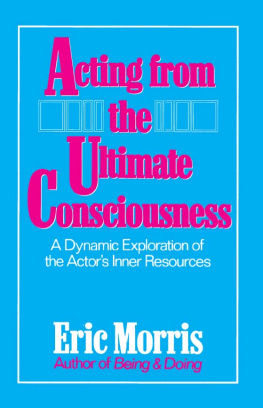




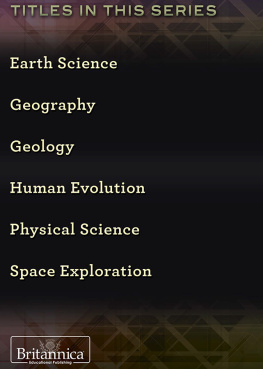
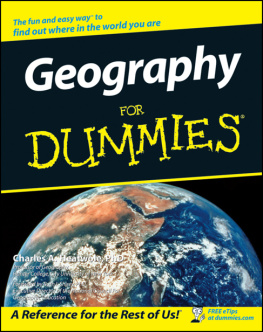

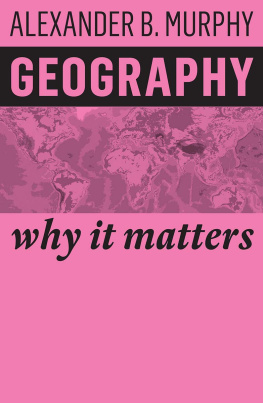
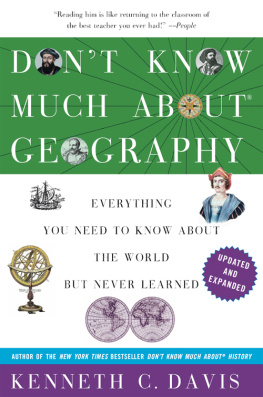

 WEST
WEST